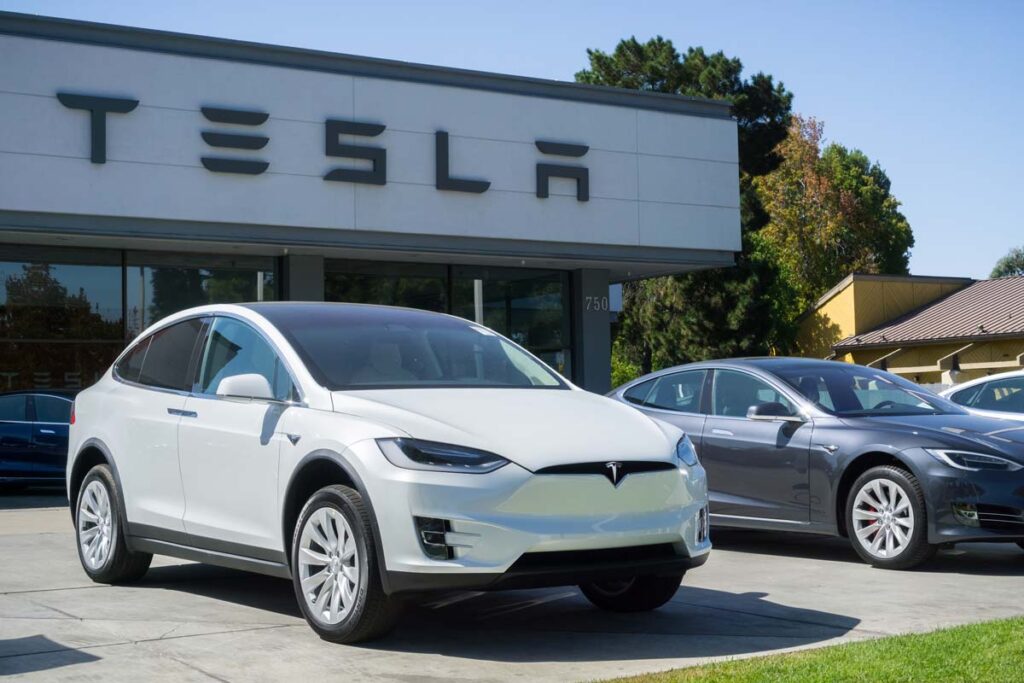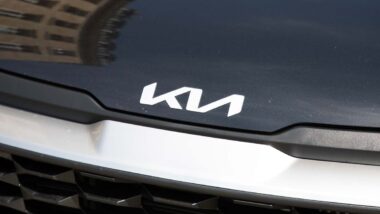
Tesla class action overview:
- Who: Plaintiff Ari Schwartz filed a Tesla class action lawsuit.
- Why: Schwartz claims Tesla refused to replace a battery fuse for a second time without charging him, in spite of the electric vehicle maker’s advertised warranty.
- Where: The Tesla battery warranty class action was filed in federal court in California.
A consumer filed a new Tesla class action lawsuit claiming the electric vehicle manufacturer fails to honor its Tesla battery warranty.
Plaintiff Ari Schwartz had a battery fuse replaced free of charge the first time it broke on his 2016 Model S Tesla vehicle. The company told Schwartz it would not replace the fuse a second time without charging him, despite the Tesla battery warranty still being valid for Schwartz’s vehicle.
Tesla’s advertising of its warranty would lead a reasonable consumer to believe that the battery fuse would be covered throughout the warranty period, the lawsuit claims. Schwartz accuses Tesla of false advertising, violation of the Unfair Competition Law and breach of warranty, implied warranty and the Magnuson-Moss Warranty Act.
Tesla battery warranty good for eight years, 150K miles
The Tesla battery warranty is for eight years or 150,000 miles, with limitations such as the loss of battery power over time due to usage, normal wear and tear, failure to make Tesla recommended repairs, accidents or collisions, use of the vehicle as a stationary power source or environmental disasters.
“Defendant omitted from its advertisements and contracts that consumers who experience battery fuse malfunction will not be able to utilize the warranty,” the Tesla class action says. “Plaintiff had no reasonable way of knowing that the battery fuse would not be replaced without a charge to plaintiff, i.e., plaintiff had no reasonable opportunity to find out the defendant would not honor the warranty.”
Tesla recalled more than 2 million vehicles in December 2023 over concerns their autopilot feature can increase the risk of a crash.
Do you own a Tesla electric vehicle? Let us know in the comments.
The plaintiff is represented by Todd M. Friedman and Adrian R. Bacon of the Law Offices of Todd M. Friedman PC.
The Tesla class action lawsuit is Schwartz v. Tesla Inc., et al., Case No. 8:24-cv-00750, in the U.S. District Court for the Central District of California.
Don’t Miss Out!
Check out our list of Class Action Lawsuits and Class Action Settlements you may qualify to join!
Read About More Class Action Lawsuits & Class Action Settlements:















One thought on Tesla class action claims automaker refuses to honor battery warranty
I own a Tesla 3